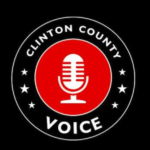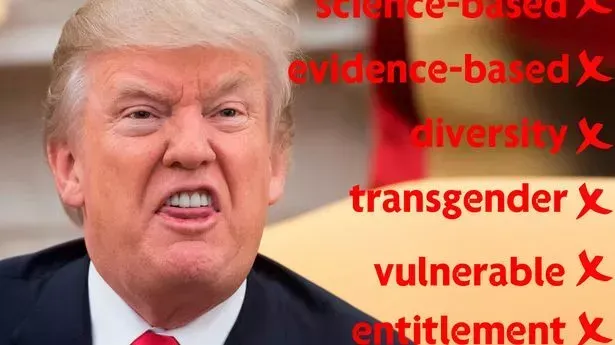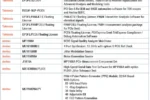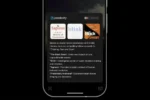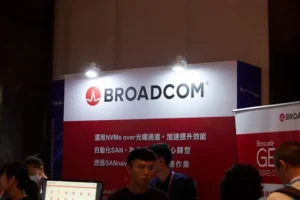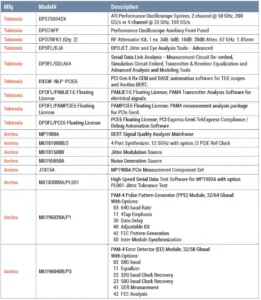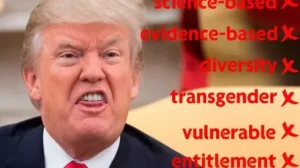Imagine if you had to write a report for school, but there were certain words you weren’t allowed to use! That’s exactly what’s happening at the National Science Foundation (NSF) in the United States. Due to a new order from President Donald Trump, many words like “female” and “LGBT” are on a forbidden list, making it really hard for scientists to share their ideas. This strange rule has people worried about what it means for our understanding of important topics like diversity and equality. Let’s dive in and explore why these words are being banned and what it could mean for everyone!
| Category | Forbidden Words | Context/Implications |
|---|---|---|
| General Information | female, women, LGBTQ, disability, hate speech, etc. | Words related to gender, identity, and social issues are flagged, suggesting a restriction on discussing diversity and inclusion. |
| Origin of the List | A memo from Charles Ezell, Office of Personnel Management | Federal agencies, including NSF, received this memo and interpreted it to create their own lists of forbidden words. |
| Review Process | Manual review required for flagged terms | Terms such as “women” require context checks to determine if they relate to prohibited topics. |
| Examples of Forbidden Terms | activism, diversity, inclusion, marginalized, minority, etc. | These terms are deemed inappropriate under the current administration’s policies. |
| Impact on Agencies | National Science Foundation (NSF) and CDC | Both agencies are removing these words from their websites and reports. |
| Broader Implications | Censorship of language | The restriction of certain words raises concerns about freedom of speech and diversity in discussions. |
Understanding the Forbidden Words List
The National Science Foundation (NSF) has created a controversial list of forbidden words that researchers must avoid in their papers. Words like “female,” “LGBT,” and “disability” are on this list. If any of these words appear in a document, it may trigger a review to determine if it breaks the new anti-DEI policies. This means that even discussing important topics about gender or disability can lead to unnecessary scrutiny, which many see as a restriction on free speech.
This list is part of a broader effort by federal agencies to comply with an executive order by President Trump. The aim is to eliminate references to diversity, equity, and inclusion (DEI) from official documents. The consequences of this policy could hinder scientific research and discussions, as it limits the language researchers can use. Critics argue that this creates an environment where scholars might avoid important topics just to stay within the guidelines.
Impact on Scientific Research and Discussion
The restrictions imposed by the NSF on specific words can significantly affect scientific research. Researchers often rely on precise language to convey their findings accurately. When terms related to gender, race, or disabilities are flagged, it can lead to confusion and frustration. Scholars may hesitate to publish important studies if they fear their work will be misinterpreted or rejected due to the use of certain words.
Moreover, this trend affects how we discuss vital social issues. If researchers cannot talk about diversity or equity, it limits the understanding of these critical topics in society. The fear of triggering reviews could lead to less comprehensive studies and a lack of diverse viewpoints in academic work. Overall, this could diminish the quality and inclusiveness of scientific dialogue.
The Broader Implications of Censorship
The implementation of a forbidden words list is not just a challenge for researchers; it raises broader concerns about censorship in the government. Many see this as a step toward limiting freedom of expression. By targeting specific words, the government appears to be controlling the narrative around important social issues. This could create a chilling effect where people feel they cannot speak freely about their experiences or the challenges they face.
Additionally, this trend could lead to a misunderstanding of critical social dynamics. By avoiding discussions about gender, race, and equity, we risk ignoring the challenges faced by various communities. This censorship can create a society that is less informed and less empathetic, ultimately hindering progress toward equality and social justice. In essence, the impact of these policies goes far beyond the academic world.
The Impact of Censorship on Scientific Integrity
The censorship of specific words and phrases poses a significant threat to the integrity of scientific research. By eliminating terms that are essential for discussing diversity, equity, and inclusion, researchers are hindered from accurately representing their findings. This creates a chilling effect, where scientists might self-censor to avoid scrutiny, leading to incomplete or biased research outcomes. Ultimately, this undermines the credibility of scientific institutions like the NSF, which rely on open discourse for innovation and progress.
Moreover, the prohibition of certain words can skew public understanding of research topics. When critical discussions surrounding marginalized communities or social justice are stifled, the scientific community risks alienating essential perspectives that contribute to comprehensive knowledge. For instance, neglecting terms related to gender or disability fails to acknowledge the unique challenges faced by these groups and limits the applicability of research findings. This not only hinders scientific advancement but also diminishes the relevance of research to real-world issues.
Frequently Asked Questions
What are forbidden words and why are they important?
**Forbidden words** are specific words or phrases that some groups do not want to be used. They are important because using these words can lead to a review of the content, affecting how people communicate.
Why is the National Science Foundation (NSF) looking for forbidden words?
The **NSF** is searching for forbidden words to follow rules set by the government. They want to make sure their documents don’t include terms that might be seen as controversial or inappropriate.
What happens if a paper includes a forbidden word?
If a paper contains a forbidden word, it gets **flagged** for a closer look. This means someone will check to see if the word is used in a way that breaks the rules.
Can you give examples of some forbidden words?
Some examples of forbidden words are **female**, **LGBT**, and **diversity**. These words are often flagged because they relate to specific groups or ideas that some people want to avoid discussing.
Why are certain words like ‘hate speech’ considered forbidden?
Words like **hate speech** are seen as sensitive topics. They can be flagged because they deal with strong feelings and issues about fairness and respect among different groups of people.
How do these rules affect discussions about important topics?
These rules can make it harder to talk about important issues like **equality** and **inclusion**. If people can’t use certain words, it limits how they can express their ideas and share their experiences.
What does ‘DEI’ stand for, and why is it mentioned in this context?
**DEI** stands for **Diversity, Equity, and Inclusion**. It’s mentioned because the government wants to remove discussions about these topics from official documents, which affects how people think and talk about fairness.
Summary
The content discusses the U.S. federal agencies’ efforts to eliminate certain words from official documents in compliance with an executive order by President Donald Trump aimed at removing aspects of Diversity, Equity, and Inclusion (DEI). The National Science Foundation (NSF) has compiled a list of forbidden terms, including “female,” “disability,” and others. The review process is complex, requiring a manual check to determine context. This initiative reflects a broader trend across multiple agencies, such as the CDC, and raises concerns about the implications of censoring language related to marginalized identities and social issues.
